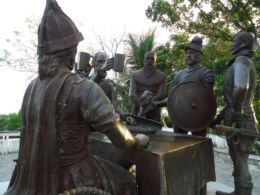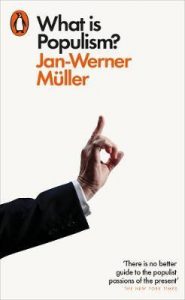2,012 words
He [Rousseau] had nothing new, but he set everything on fire. — Madame de Staël
Starting from unlimited freedom I arrive at unlimited despotism. — Shigalev, in Dostoevsky’s The Devils
Jean-Jacques Rousseau, not Karl Marx is the real father and inspiration for the theater of the absurd that is today’s Left. Rousseau’s “Man is born free, everywhere he is in chains” is the original formulation of the adolescent anarchist rally-cry, “Rage against the machine!” (more…)








 169 words / 74:32
169 words / 74:32

